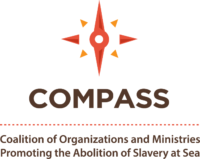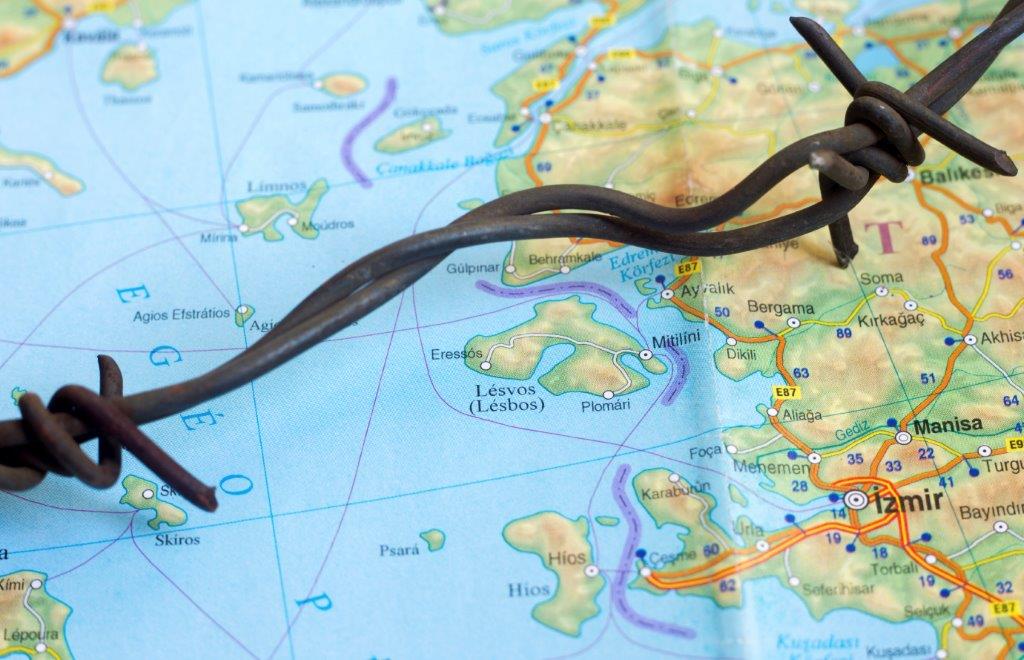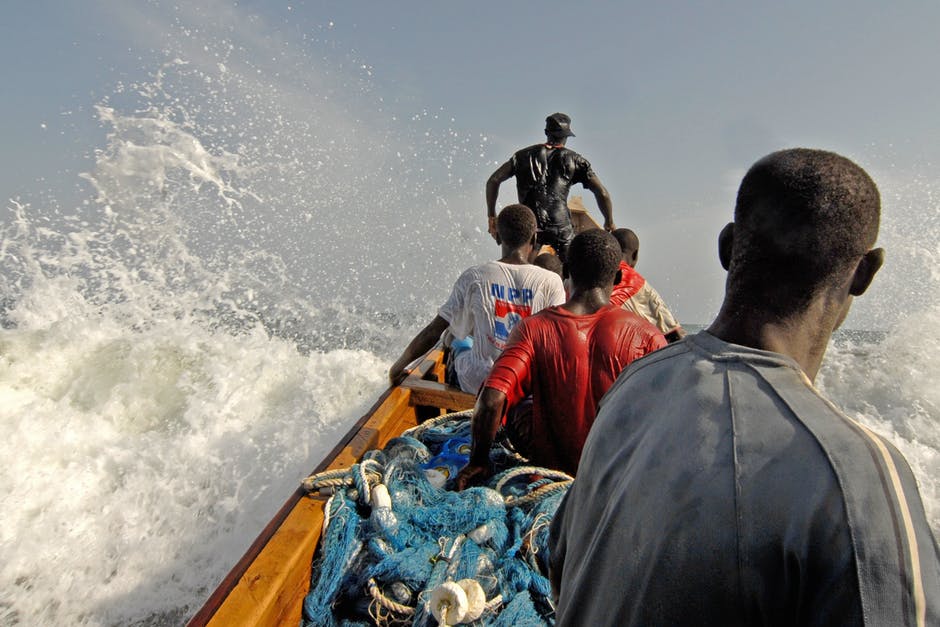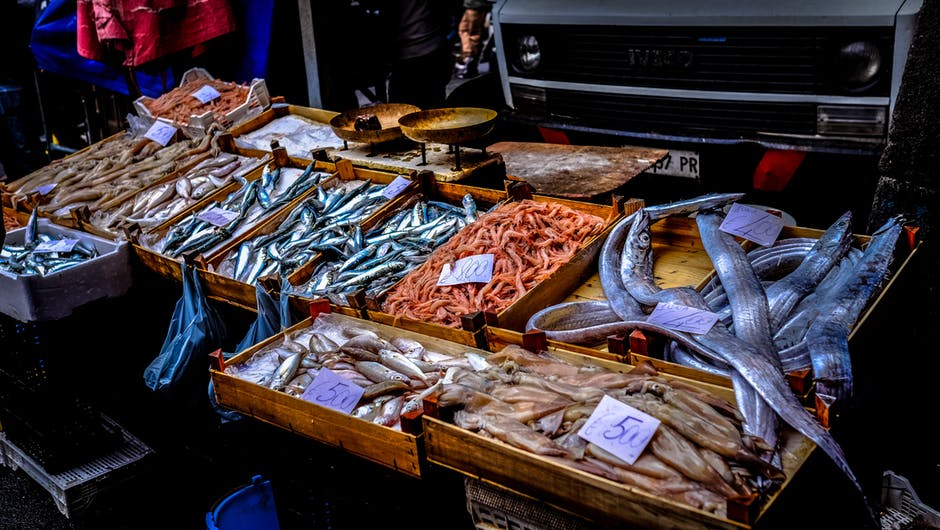 Human Trafficking at Sea: A Global Problem
Human Trafficking at Sea: A Global Problem
The fishing and aquaculture industry is one of the most important economic sectors in the world. It employs a high number of migrant workers, often recruited from refugee and displaced populations, who are vulnerable to trafficking and forced labor. Trafficking and forced labor in the fishing industry is modern slavery at sea. It occupies all stages of the seafood supply chain, from catching fish to processing and shipping it for export. The virtually unregulated fishing industry in many countries, coupled with the global demand for cheap seafood, create the lawless conditions under which trafficking at sea flourishes.
Educate Yourself: Watch our COMPASS e-learning series on maritime trafficking
Whether you are a human trafficking service provider, a port chaplain, an Apostleship of the Sea (AOS) staff member, or a concerned citizen eager to advocate for the protection of those catching and processing our fish, these e-learning educational modules are for you! USCCB/MRS, with the support of the Coalition of Organizations and Ministries Promoting the Abolition of Slavery at Sea, has developed the Compass series to introduce you to crucial topics surrounding trafficking at sea, ranging from forms of exploitation found on fishing vessels and in processing plants to effective practices for individuals providing case management services and shelter to survivors of human trafficking.
COMPASS MODULES AND RESOURCES:
Welcome! The following online videos and downloadable resources were designed to introduce you to some of the most crucial aspects of maritime trafficking. Please select the modules that you find beneficial according to your needs and interests as either a professional working in the fishing or human trafficking industry or as a concerned citizen wanting to play a part in the eradication of slavery at sea. After completing each module and reviewing the downloadable resources, you will be able to download and print a certificate with your name.
COMPASS online educational modules were funded by a grant from the United States Department of State. The opinions, findings and conclusions stated herein are those of the author[s] and do not necessarily reflect those of the United States Department of State.










